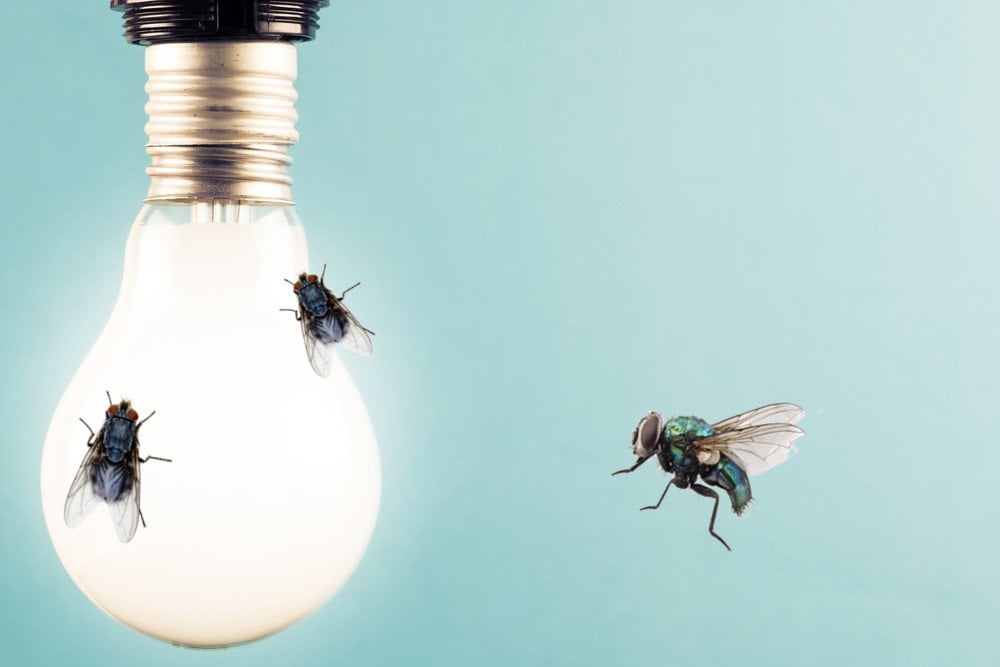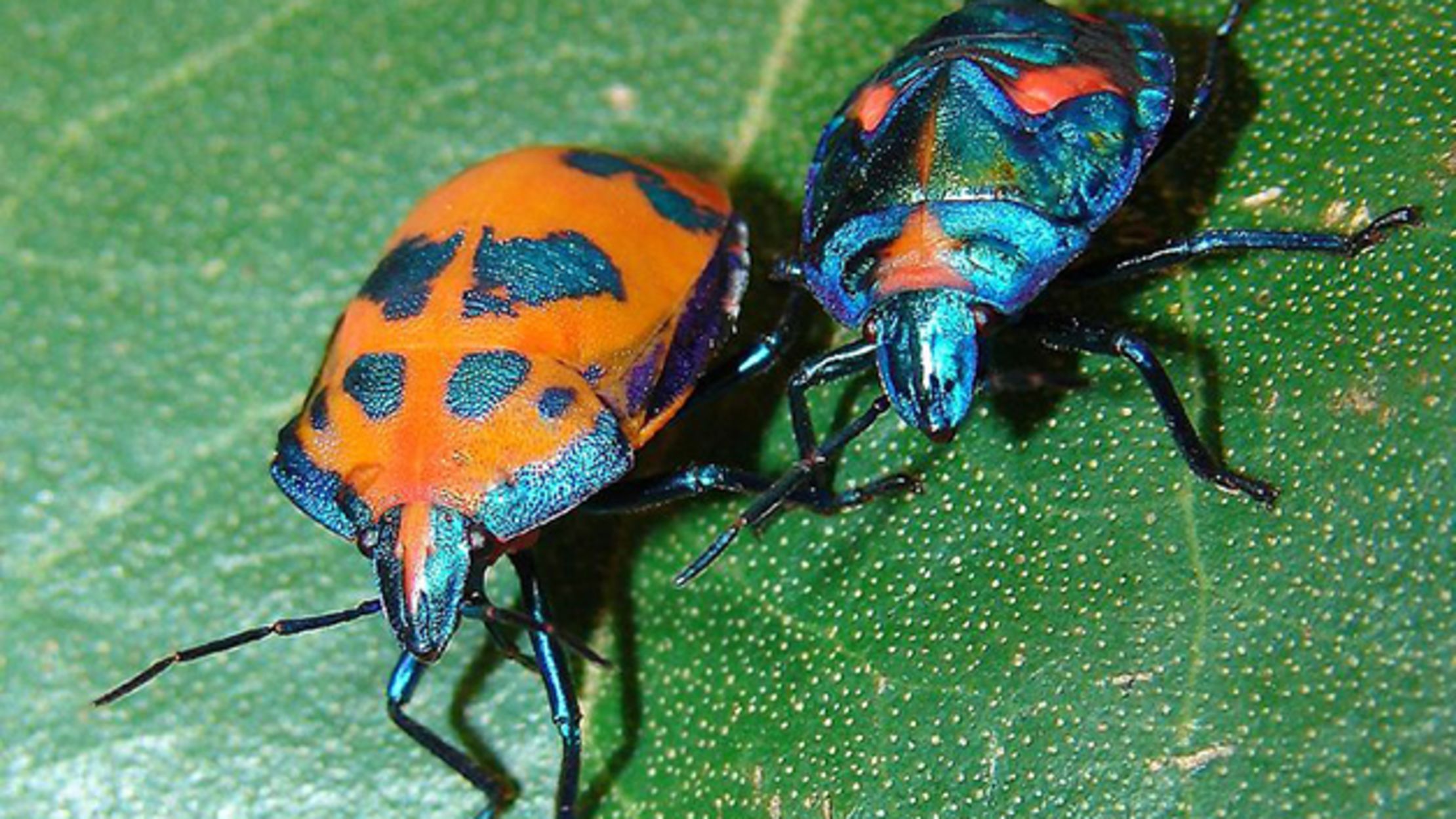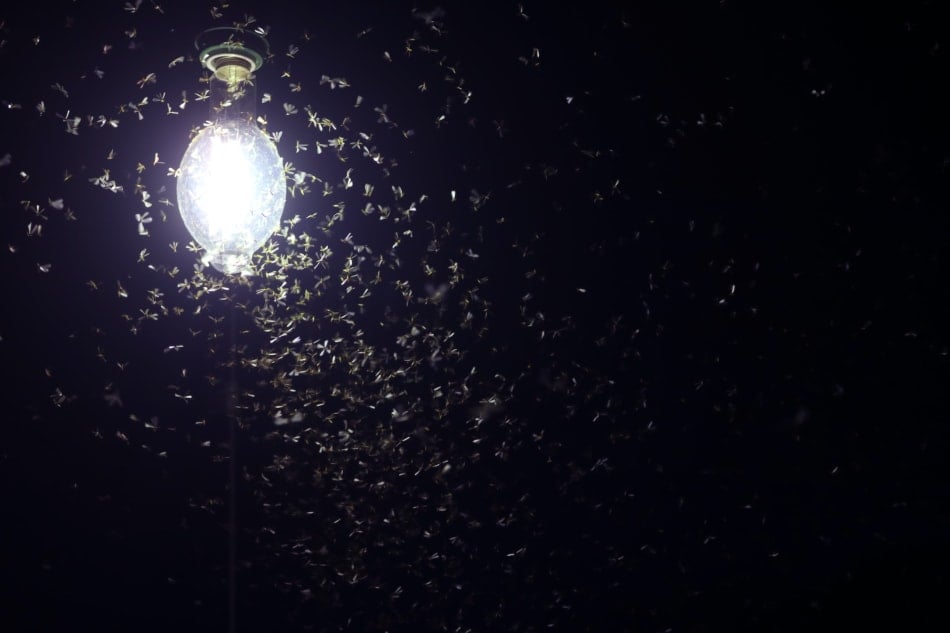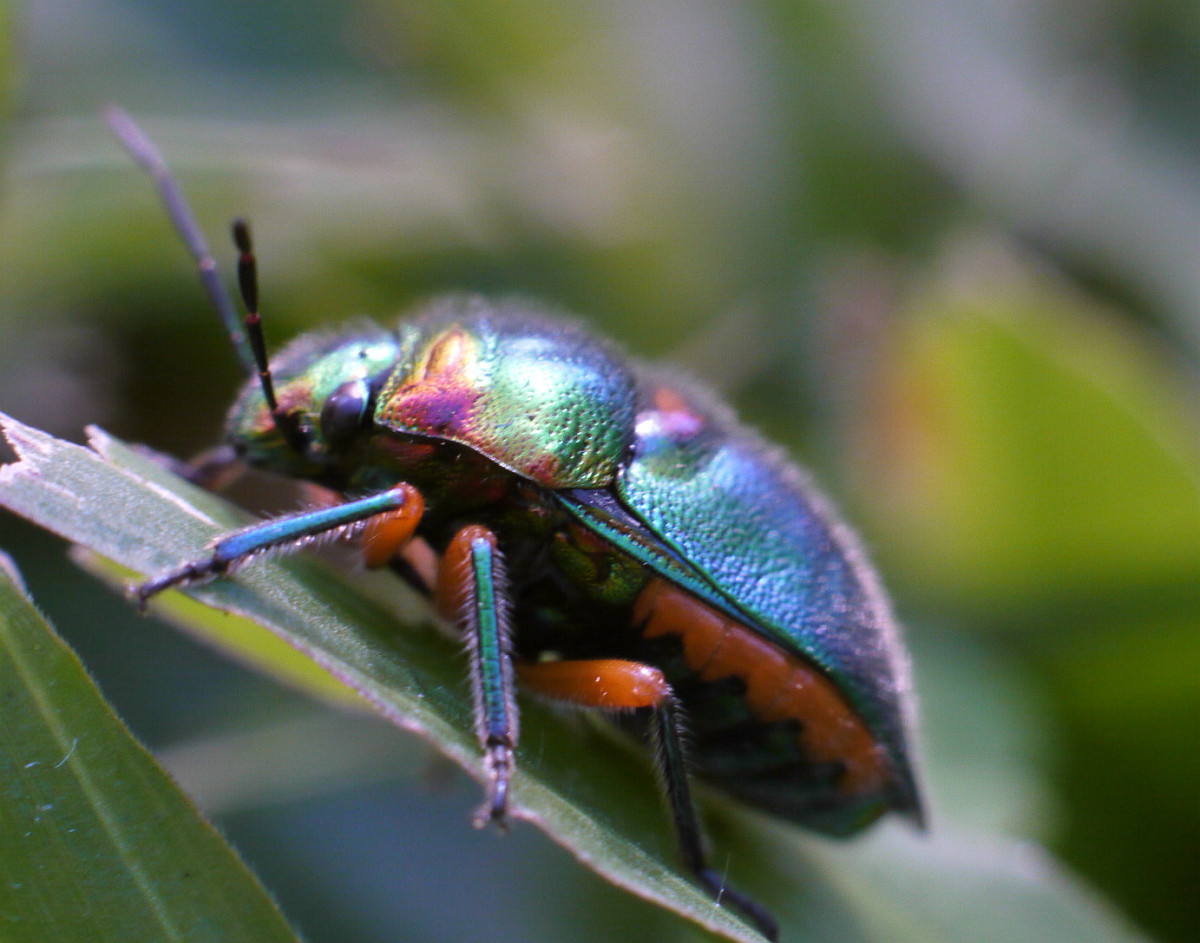are bugs attracted to light or dark colors
If you are searching about dark bug attracted to light at night... mirid perhaps? - Phytocoris you've visit to the right page. We have 10 Images about dark bug attracted to light at night... mirid perhaps? - Phytocoris like Phototaxis: Why Are Bugs Attracted To Light?, Why Are Bugs Attracted To Light? - Terminix Blog and also Phototaxis: Why Are Bugs Attracted To Light?. Read more:
Dark Bug Attracted To Light At Night... Mirid Perhaps? - Phytocoris
 bugguide.net
bugguide.net
Why Are Bugs Attracted To Light? - Terminix Blog
 www.terminix.com
www.terminix.com
Dark Bug Attracted To Light At Night... Mirid Perhaps? - Phytocoris
 bugguide.net
bugguide.net
light attracted night bug dark bugguide mirid perhaps mallory chris copyright 2010
May-June Beetles (Genus Phyllophaga)
 www.forestryimages.org
www.forestryimages.org
june phyllophaga may grubs beetle beetles adult spp lawn brown bug bugs maine garden attracted species night coleoptera adults inch
Phototaxis: Why Are Bugs Attracted To Light?
 www.scienceabc.com
www.scienceabc.com
light attracted insects why bugs fly phototaxis bulb nature glowing
How To Get Rid Of Tiny Flying Bugs On Light Fixtures (Naturally) | BugWiz
 bugwiz.com
bugwiz.com
bugs attracted flying antenne winged kamelev egor fotografi serangga invertebrate pxhere rid bugwiz hama invertebrata makro merapatkan arthropod pest organism
Bug’s Color Is Warning For One Predator, Invisible To Another | Mental
 mentalfloss.com
mentalfloss.com
bug warning color bugs invisible predator another cotton
Why Are Bugs Attracted To Light? - Farmers' Almanac - Plan Your Day
 www.farmersalmanac.com
www.farmersalmanac.com
moths attracted moth insect traps infestation almanac farmers attracts swarm farmersalmanac positively courtesy bulbs
In My View: Brightly Coloured Bugs
 cjeastwd.blogspot.com
cjeastwd.blogspot.com
bugs coloured brightly gosh seeing metallic sorry almost guys colour using quality these
Ever Wonder Why Light Makes Insects Tick? | Discovery Place Nature
 nature.discoveryplace.org
nature.discoveryplace.org
attracted moth bugs lightbulb garryrogers tick wonder mozzies deter wondered saving discovery wings orissapost
How to get rid of tiny flying bugs on light fixtures (naturally). Bugs attracted flying antenne winged kamelev egor fotografi serangga invertebrate pxhere rid bugwiz hama invertebrata makro merapatkan arthropod pest organism. In my view: brightly coloured bugs. Why are bugs attracted to light?. Bug warning color bugs invisible predator another cotton. Bug’s color is warning for one predator, invisible to another. Dark bug attracted to light at night... mirid perhaps?. Ever wonder why light makes insects tick?. June phyllophaga may grubs beetle beetles adult spp lawn brown bug bugs maine garden attracted species night coleoptera adults inch. Bugs coloured brightly gosh seeing metallic sorry almost guys colour using quality these. Light attracted insects why bugs fly phototaxis bulb nature glowing. Phototaxis: why are bugs attracted to light?. Light attracted night bug dark bugguide mirid perhaps mallory chris copyright 2010. Dark bug attracted to light at night... mirid perhaps?. Why are bugs attracted to light?. May-june beetles (genus phyllophaga). Moths attracted moth insect traps infestation almanac farmers attracts swarm farmersalmanac positively courtesy bulbs. Attracted moth bugs lightbulb garryrogers tick wonder mozzies deter wondered saving discovery wings orissapost
Theories Explained
Phototaxis: Seeking open or Seeking Darkness?
One prevailing theory as regards insect attraction to roomy is phototaxis, the subconscious tendency of organisms to imitate towards or away from vivacious stimuli. even though definite phototaxis explains why some insects are drawn to spacious sources, negative phototaxis elucidates the behavior of those that avoid light, seeking refuge in darkness.
Disorientation and Misguided Navigation
Another hypothesis posits that pretentious lights interfere when insects' navigational abilities, leading to disorientation and erratic flight patterns. Insects may become trapped in an endless cycle of circling approaching spacious sources, unable to discern a way out of their vivid trap.
Misinterpretation of well-ventilated Signals
Intriguingly, positive species of insects may error pretentious lights for natural cues, such as the moon or stars. This misinterpretation can have dire consequences, as insects may expend vital activity resources attempting to accomplish an unattainable destination.
Practical Implications
Ecological Consequences
The kinship of insects to exaggerated lights can have complex ecological implications, impacting predator-prey dynamics, pollination patterns, and nocturnal ecosystems. Disruptions in these delicate balances may cascade throughout entire ecosystems, potentially leading to unforeseen consequences for biodiversity and ecosystem stability.
Pest management Challenges
For homeowners, businesses, and agricultural enterprises, insect similarity to spacious presents a significant challenge in pest management efforts. spongy entre points, such as windows and doors, come up with the money for insects past simple access to indoor environments, where artificial lights beckon them into unsuspecting spaces.
Conclusion
In summary, the phenomenon of insects visceral drawn to fresh is a multifaceted and intriguing aspect of entomology. though numerous theories try to explain this behavior, the underlying mechanisms remain subject to ongoing research and debate. By achievement a deeper covenant of why insects are attracted to light, we can greater than before mitigate the potential consequences and leverage this knowledge to inform pest dispensation strategies and conservation efforts.